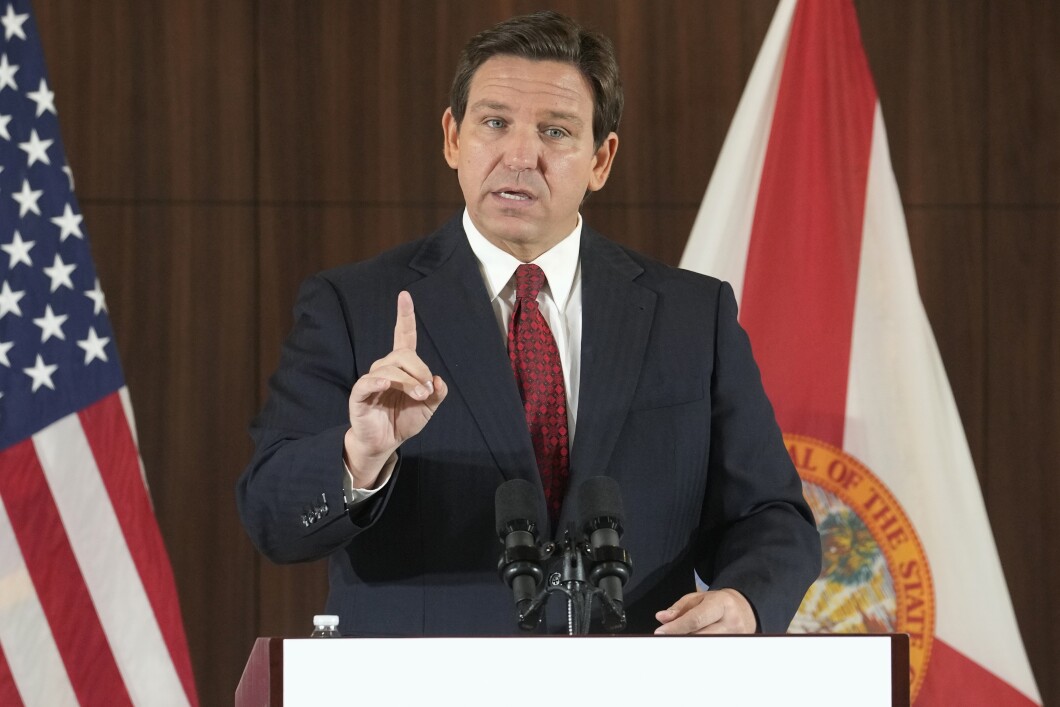
Florida lawmakers have introduced legislation that would lower the state’s requirement for a convicted criminal to be sentenced to the death penalty.
The new bill would lower the current unanimous requirement to only eight out of the 12 jurors in order for a criminal to be sentenced to death. The bill only modifies the requirements for sentencing and does not affect the unanimous jury requirement to find a suspect guilty of a crime.
DESANTIS PUSHES FOR END TO DEATH PENALTY UNANIMITY REQUIREMENT
Republican state Rep. Berny Jacques and state Sen. Blaise Ingoglia filed identical bills in their chambers that would lower the requirement. The legislation comes after uproar over the shooter in the Parkland School Shooting escaped the death penalty despite the majority of the jury voting 9-3 in favor of execution.
“It is unconscionable that ‘protest jurors’ can deny justice to the families of victims of heinous crimes in our current system of unanimity,” Ingoglia said in a statement per the Herald-Tribune. “This is much needed reform to ensure that evil scumbags like Nikolas Cruz do not escape with just a life sentence.”
Gov. Ron DeSantis called on the state legislature to pass a bill lowering the threshold during remarks at the Florida Sheriffs Association Winter Conference last month, suggesting a supermajority would be a better solution than the current unanimous requirement.
“Fine, have a supermajority. But you can’t just say one person. So maybe eight out of 12 have to agree? Or something. But we can’t be in a situation where one person can just derail this,” DeSantis said, expressing his frustration with the current system.

He also suggested preventing individuals who will never approve of the death penalty from being selected to juries deciding whether capital punishment should be administered.
CLICK HERE TO READ MORE FROM THE WASHINGTON EXAMINER
“If you will never administer the punishment, you just can’t be on the jury. Our law authorizes it. But you’re in a situation where you have 12 jurors, and just one juror vetoes it, then you end up not getting the sentence,” DeSantis added.
Florida’s current death penalty statute has been in place since 2017. The Supreme Court struck down the previous law, which permitted a simple majority to recommend capital punishment and allowed a judge to override the recommendation.







